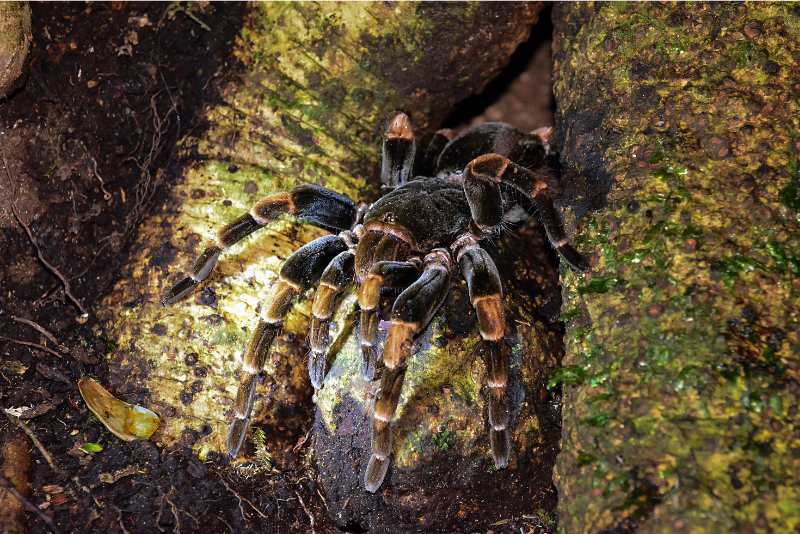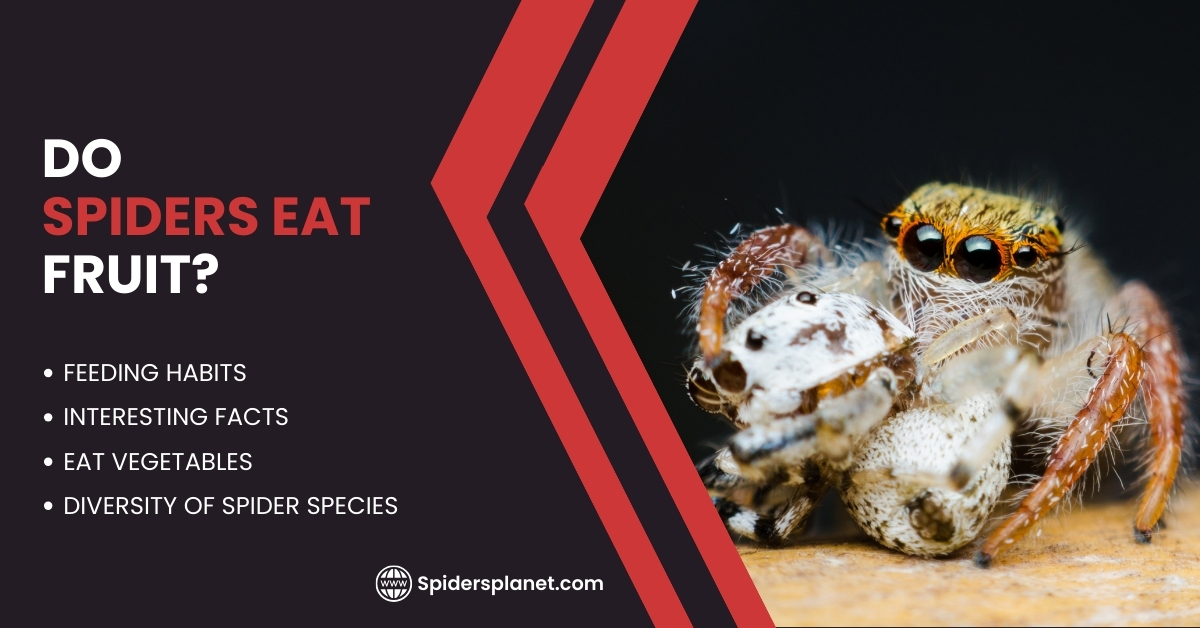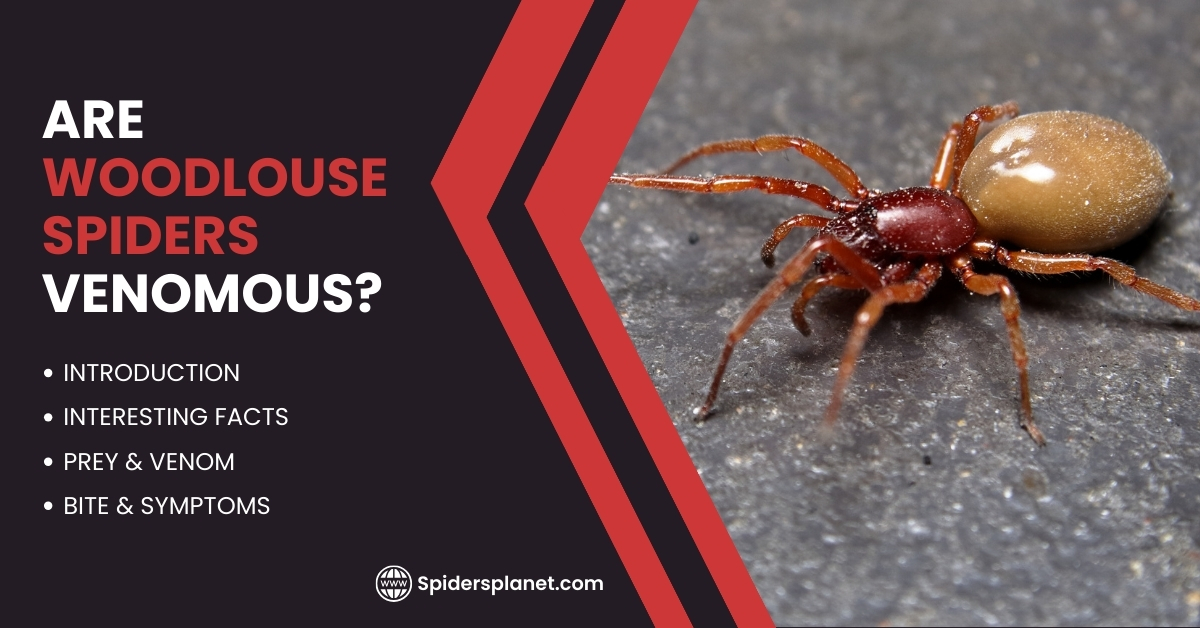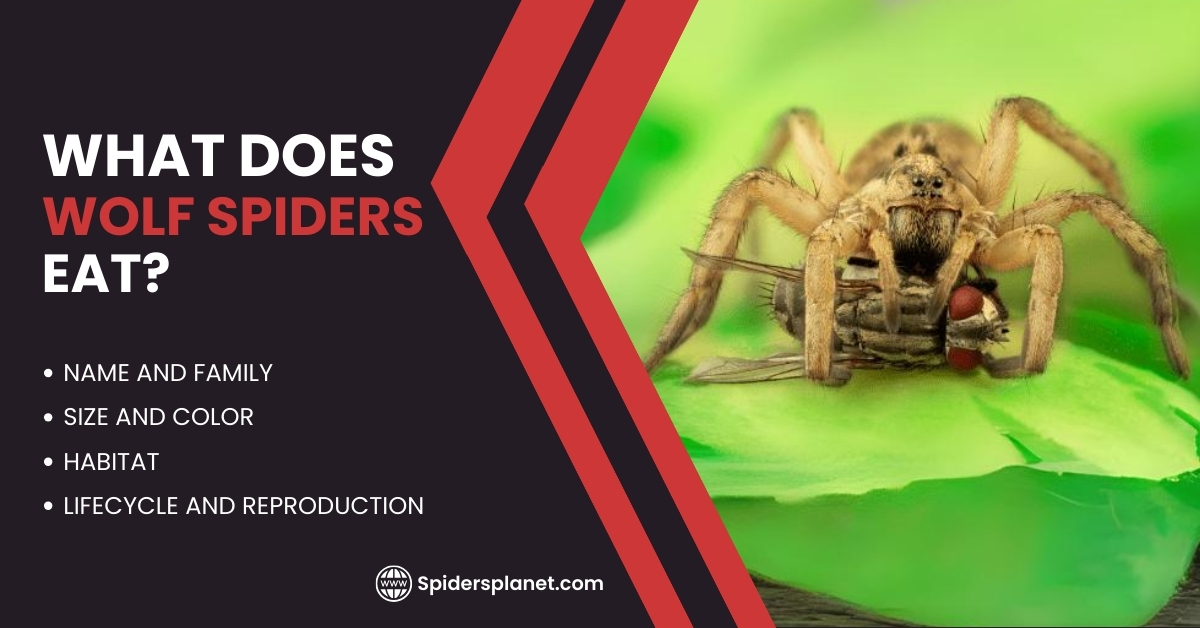Are you a pet owner looking for some interesting nutritional options for your tarantula? If so, you may be wondering if tarantulas can eat mealworms, and more importantly, are they healthy?
The short answer is yes, tarantulas can eat mealworms! In fact, they are a popular food source for many tarantulas and provide a good source of nutrition.
Mealworms offer numerous benefits, nutritionally speaking, but there are several important factors to consider before proceeding with this option as part of your pet’s diet
So, in this article, we will explore the topic of can tarantulas eat mealworms in more detail. We will also talk about the benefits and dangers “if any” of feeding tarantulas mealworms, as well as provide tips on how to properly incorporate mealworms into a tarantula’s diet.
Tarantulas’ Diet
If you didn’t already know, tarantulas are carnivorous, which means they are “meat-eaters”, and will eat a variety of insects and other prey, that are typically high in fat and protein to help with their growth and delvopment.
A tarantulas diet can include:
- Crickets
- Roaches
- Locusts
- Beetles
- Arthropods
- Small Lizards
When feeding tarantulas, it’s important to consider their size and age! For example, younger spiders need more nutritionally dense meals, to help with their growth, while mature ones may only need occasional feedings.
While most do eat live insects, some tarantulas may accept dried insects that you can pick up at your local pet shop. It’s always best to provide fresh live insects as they are more of a benefit to your spider, especially the young.
A balanced diet consisting of a variety of insects is also essential for the health and well-being of tarantulas. While mealworms can be a part of their diet, they should not be the sole source of nutrition.
Tarantulas And Mealworms
Mealworms are a popular choice for feeding tarantulas. They are easy to find, easy to keep, and provide a good source of protein and fat for your spider. However, before feeding your tarantula mealworms, there are a few things to consider.
Firstly, although mealworms are nutritious, they are not as nutritious as other insects, such as crickets or roaches. In fact, grasshoppers are the most common type of insect that is fed to tarantulas on a regular basis due to their higher protein content.
And, if your tarantula is a younger spider, you may want to opt for crickets as they provide more nutrition.
Another thing to consider is the size of mealworms compared to other insects. Mealworms are much smaller than crickets or grasshoppers and can sometimes be difficult for young spiders to catch or feed on.
Now we are not saying mealworms are bad, far from it, but it’s important to consider their nutritional value before deciding to make them a staple in their diet.
Related Post:

Can Tarantulas Eat Dead Mealworms?
Some tarantula owners do in fact feed their pets dead insects. However, the problem with this is dead insects are much less nutritious than live ones. The same goes for mealworms!
With that said, if you have a full grown tarantula and are looking for an occasional little snack, then dead mealworms can be a good option.
But, if your spider is very young, its best to stick with live prey to start with just until they have reached adulthood, then you can throw in the occasional dead mealworm or two.
How Many Mealworms Can A Tarantula Eat?
When it comes to feeding tarantulas, it’s important to strike a balance between providing enough food to meet their nutritional needs, while also avoiding overfeeding, which can lead to obesity and other health problems. So how many Mealworms can a tarantula eat?
The answer to this question depends on several factors, including the size and species of the tarantula, as well as its overall health and activity level. As a general rule, most tarantulas can safely consume 1-2 mealworms per week as part of a balanced diet.
Just remember, mealworms should not be the only food source for tarantulas. Variety is key to ensuring that they are getting all of the nutrients they need.
Benefits Of Feeding Your Tarantula Mealworms
Mealworms are an important part of your pet tarantula’s diet and offer a variety of health benefits when fed regularly. Here are some of the top benefits of feeding your tarantula mealworms:
- High Nutritional Value: Mealworms are high in protein, fats, and other essential vitamins and minerals, making them an ideal food source for tarantulas. They also provide energy to help fuel their activity level and keep them running around their enclosures.
- Low Maintenance: Unlike live prey such as crickets or locusts, mealworms require very little maintenance and can be easily stored in your refrigerator for several weeks between feedings. This makes them a great choice for busy owners who don’t have time to hunt down fresh prey every week!
- Mental Stimulation: Providing a variety of food sources encourages your tarantula to explore its environment, increasing their mental stimulation and physical activity levels while they search for their food. Feeding mealworms will give them something new to do each time you feed them.
- Easy To Digest: Mealworms are easy for tarantulas to digest, making them a great choice for young or sick tarantulas that may have trouble eating other feeder insects.
- Convenient: Mealworms are readily available at most pet stores and are relatively inexpensive compared to other insects.
Adding mealworms to your pet tarantula’s diet is a great way to ensure that it gets all the nutrition it needs while providing mental stimulation and extra activity levels!
Things To Aviod
- Feeding too many mealworms: While mealworms are a nutritious feeder insect, they are also high in fat. Overfeeding mealworms to your tarantula can lead to obesity and other health problems. Use a feeding chart to determine how many mealworms to feed your tarantula based on their size and age.
- Feeding live mealworms to a molting tarantula: A freshly molted baby tarantula does not need to be fed for several days, and an adult tarantula that has just molted will not eat for two weeks. Feeding a molting tarantula can cause stress and harm to the tarantula.
By avoiding these things, you can ensure that your tarantula stays healthy and safe while enjoying the benefits of mealworms as a feeder insect.
Conclusion
Mealworms are a suitable food source for tarantulas and can provide some benefits, nutritionally speaking. However, they should not be the only insect you feed your pet spider, as other types of insects offer more nutrition and can also be easier to catch or feed on.
Overall, it’s best to offer your tarantula a variety of different insects to ensure they get all the nutrients necessary for their development and growth.
Moreover, when feeding any type of insect, always make sure that it is fresh and alive! This will help keep your pet healthy and happy.



